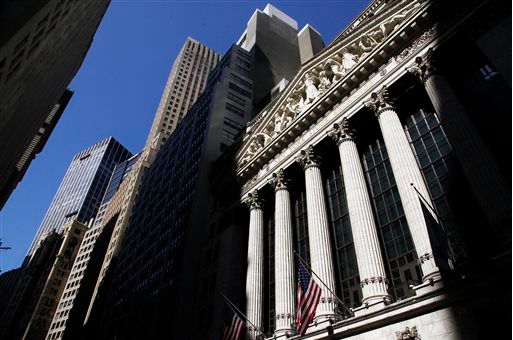OPINION: New York must keep up with changing economy

The global economy has changed rapidly over the past few years, and is evolving from a manufacturing one into a dynamic high-tech world where a little imagination makes anything possible. People worldwide are starting to do what our ancestors did for centuries — share.
But this isn’t your granddad’s town hall meeting. Technology lets us exchange money, goods and ideas across cities, states and countries at an unprecedented rate. Sites like Airbnb and Etsy allow users to open up their homes to travelers or sell their wares to customers worldwide. Kickstarter and Indiegogo have started a crowdfunding revolution, letting anyone with a bank account give towards projects they deem worthy. These innovations are changing lives — from the potter who can now work from home in Bushwick while selling crafts to customers in Germany, to the budding developer in DUMBO who can find funding for an app without Silicon Valley connections.
But the global nature and pace of this tech revolution make it harder and harder for New York to keep up and ensure it stays at the forefront of change and is fostering a high-tech climate of innovation. At Let’s Collaborate!, we work to bring like-minded individuals together to talk about their ideas and provide a forum for entrepreneurs, developers and investors.

Brooklyn Boro
View MoreNew York City’s most populous borough, Brooklyn, is home to nearly 2.6 million residents. If Brooklyn were an independent city it would be the fourth largest city in the United States. While Brooklyn has become the epitome of ‘cool and hip’ in recent years, for those that were born here, raised families here and improved communities over the years, Brooklyn has never been ‘uncool’.